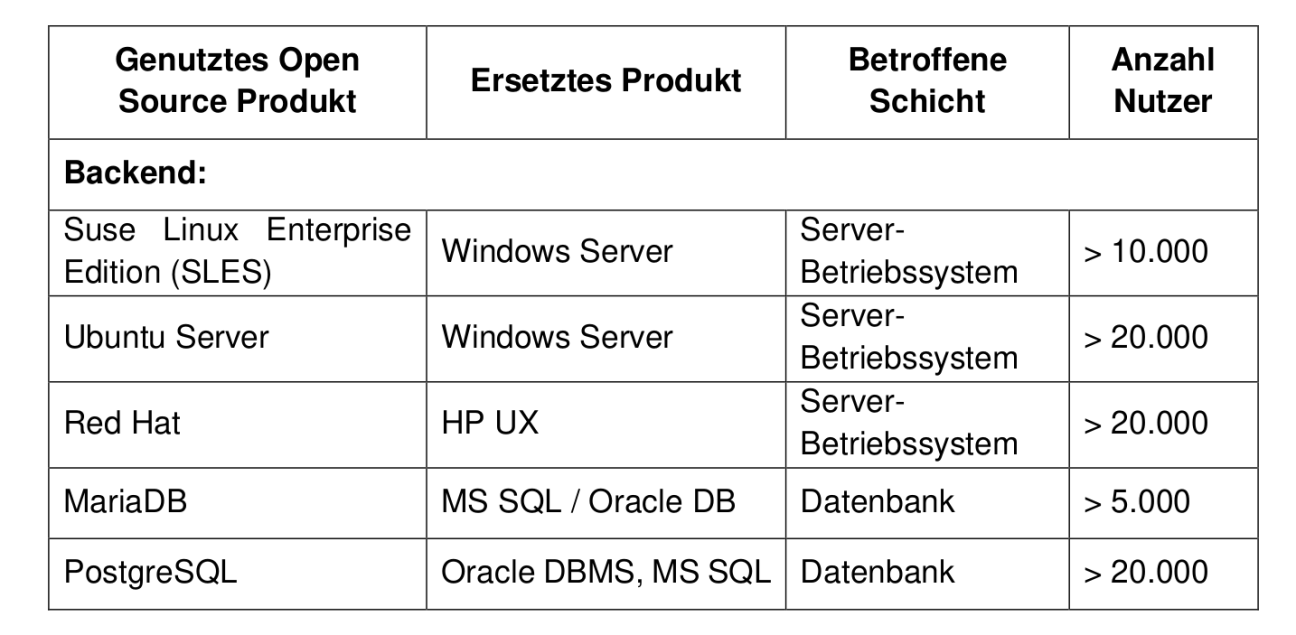The German state of Schleswig-Holstein says national and international cooperation among public services and others is key to success in making a switch to open source. The state government published its open source strategy in June, presenting it as a combination of a response to the changing business models of software vendors, and a strategic focus on data, sustainability, and technological sovereignty.
Schleswig-Holstein plans to turn increasingly to open source alternatives. However, the state cannot achieve this all by itself, the policy explains: “Schleswig-Holstein cannot single-handedly switch from proprietary government software solutions, and it does not appear to make sense to decouple software development for public services in Schleswig-Holstein from the actions of other federal states and the federal government”.
The state therefore aims to build up a network of partner organisations focused on open source, including national and international public services, experts, software companies and data centres, and to cooperate increasingly with open source communities.
Schleswig-Holstein says it will increasingly share its own software as open source. This year, it plans to share at least ten government applications this way. The strategy lists three more targets:
- making available an online platform for collaboration and sharing of the state’s open source software;
- a pilot project on the use of the Open Document Format and the use of LibreOffice; and
- increasing use of open source in the state data centre (Dataport).

Where possible, or when new contracts are required, the state will prefer to use open source, the government writes: “The strategy is to ensure a modern and efficient public service.”
Energy efficient
Digital sovereignty and sustainable IT (or green IT) are closely connected to open source, the government of Schleswig-Holstein writes. It defines digital sovereignty as the ability of individuals and institutions to exercise their roles in the digital world independently, safely and with self-determination: “A sovereign administration is only possible if the processing of data can be made transparent in times of increasing digitisation.”
Open source will also enable the state to focus on energy efficiency and reducing greenhouse gas emissions. The document points to a test by Germany’s environment agency, showing how a proprietary word processor program requires 3.5 times more energy than an open source alternative.
Announcment of the strategy was originally planned for March. Publication was postponed twice. At the end of June, the state Diet’s Finance Committee recommended taking note of the report “without discussion”.
More information:
Schleswig-Holstein open source strategy (PDF, in German)
Computerbase news item (in German)
Interview with Schleswig-Holstein Digitalminister Jan Philipp Albrecht (in German)
eGovernment computing news item (in German)

